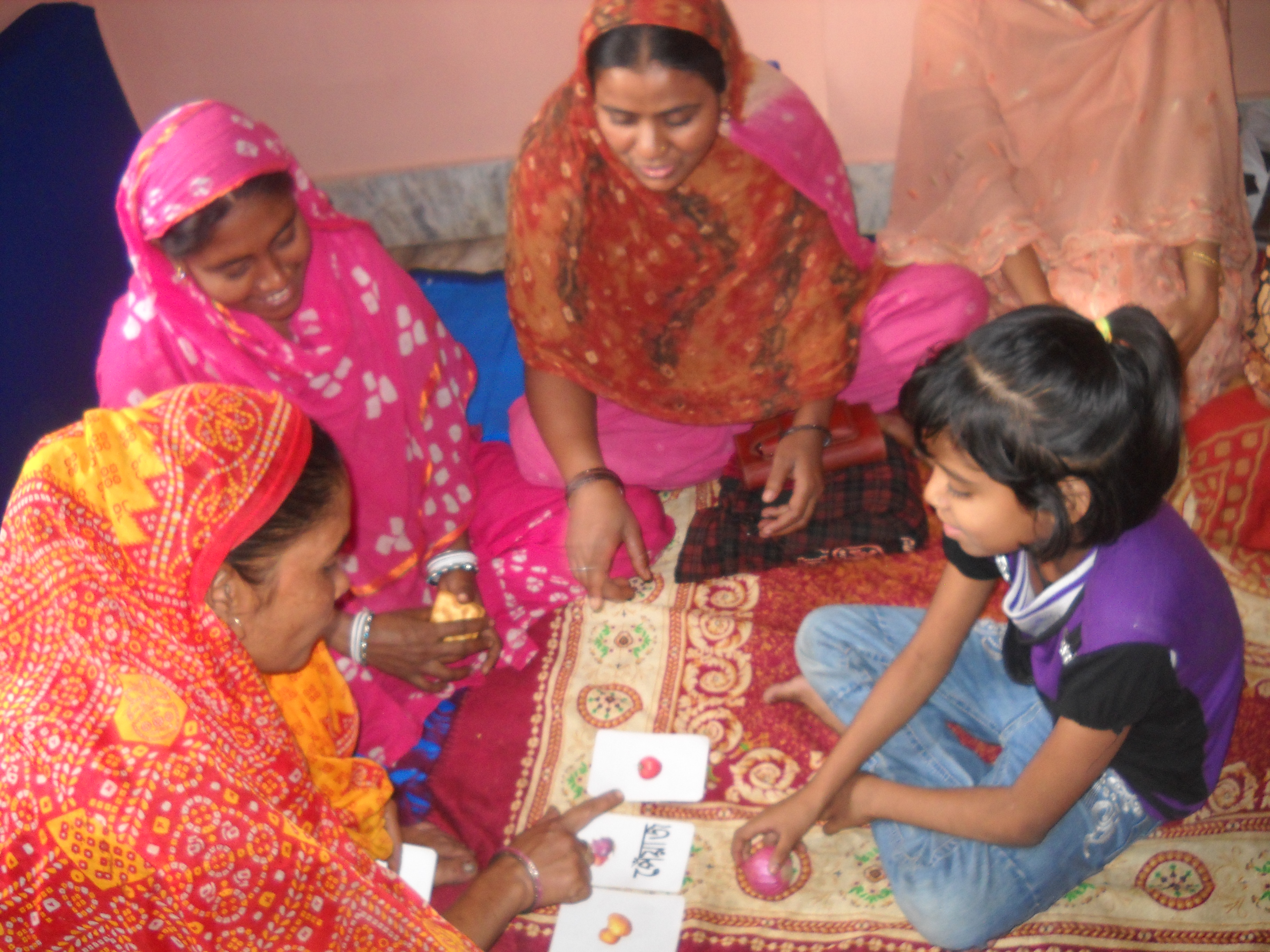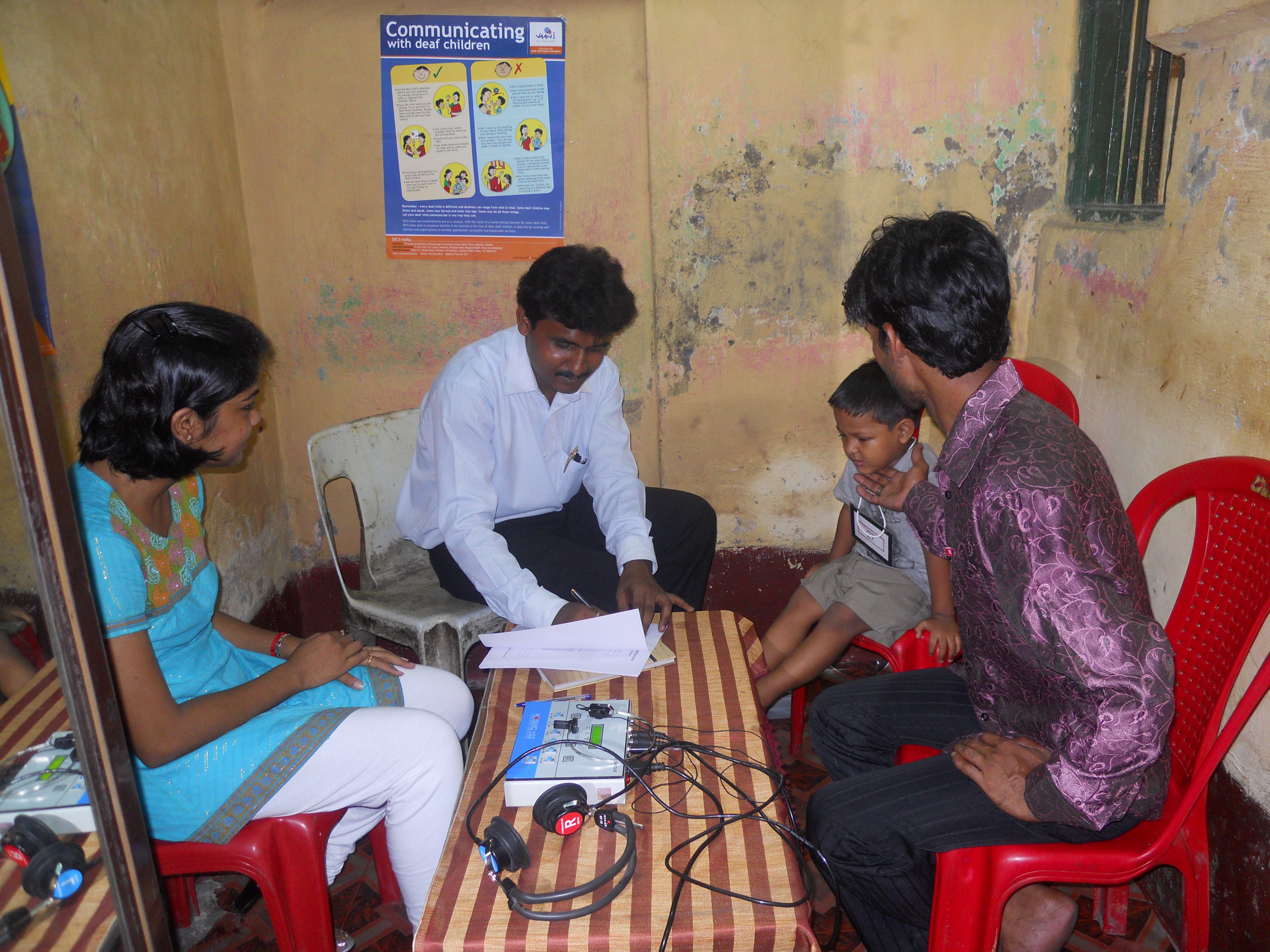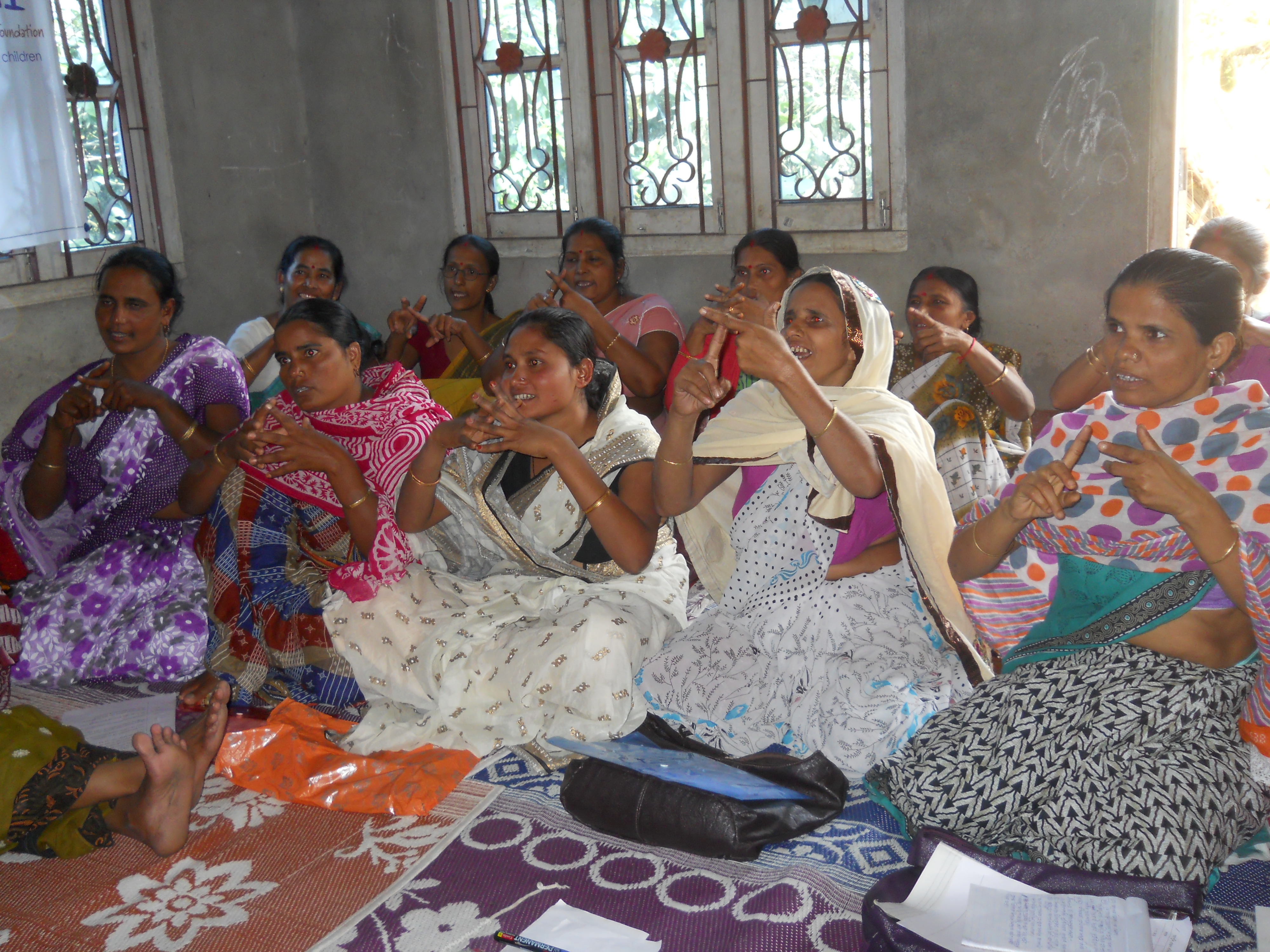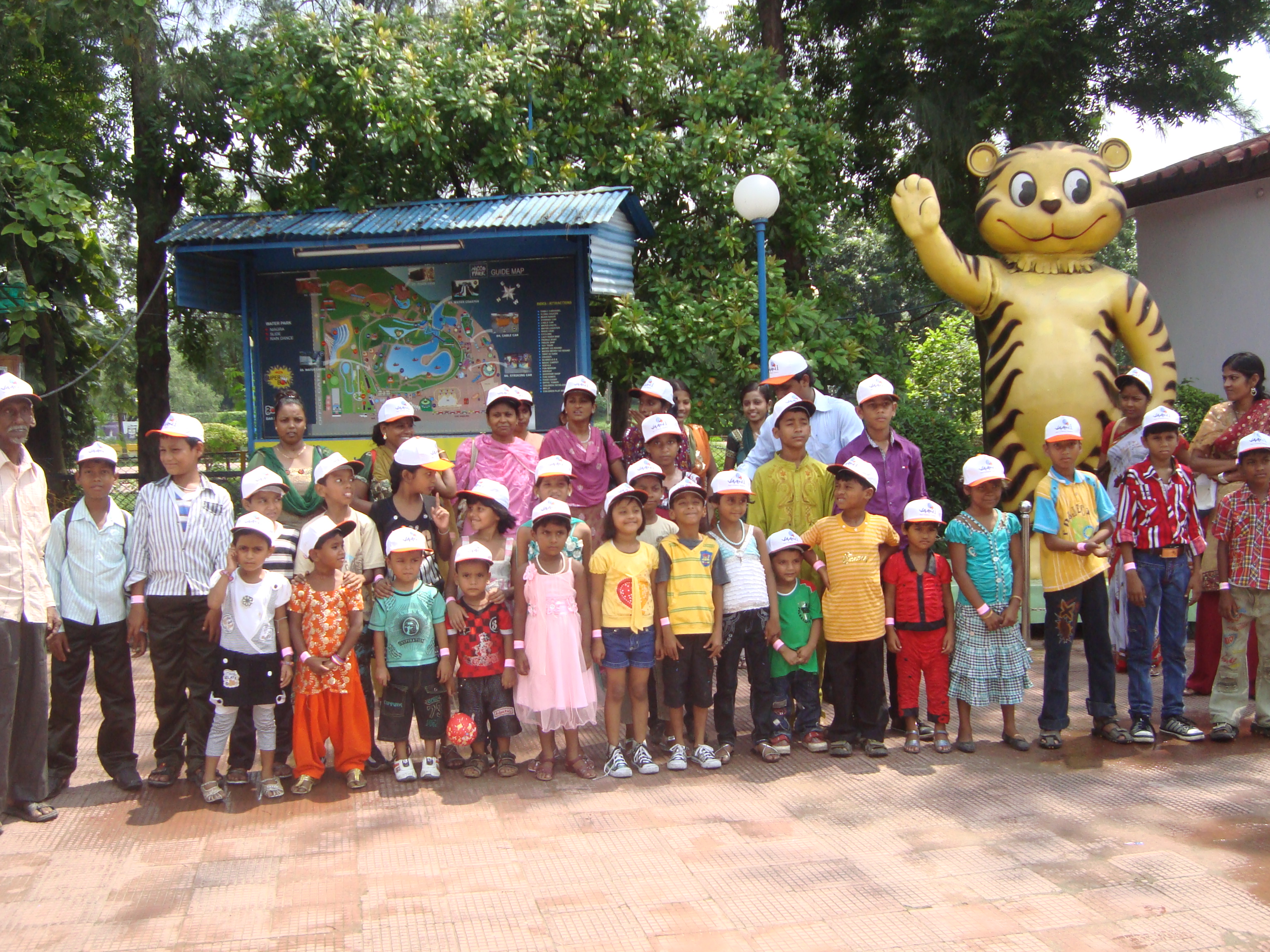MY STORY: I Saw How 3000 Children Who Were Born Deaf Could Now Communicate With Their Parents
If you thought just providing hearing aids to the hearing impaired could help them hear, you thought wrong. So did Elita Almeida until she met this Kolkata-based NGO, which seems to have cracked the right model to deal with deafness in an effective way.

If you thought just providing hearing aids to the deaf could help them hear, you thought wrong. So did Elita Almeida until she met this Kolkata-based NGO, which seems to have cracked the right model to deal with deafness in an effective way.
Until then no one knew she was pregnant. She didn’t know she was pregnant. She didn’t even know what being pregnant meant.
Because, as someone who is deaf, not only her vocabulary but also her ability to associate with the world around her was enormously limited.
She was pregnant because she had been raped. That’s when Brinda Crishna found her.
What is it like to be trapped in a world where you have no way of discerning good from bad, wrong from right – only because you cannot hear the spoken word? What is it like to not know that red implies stop/danger or that friendship is a bond that exists with people outside one’s family? What is it like to not understand these references and broader contexts?
Fortunately, deafness can be remedied if detected early. Unfortunately our systems aren’t adequately in place to ensure it happens all of the time.

Imagine an infant wailing in the cradle while the mother’s perhaps in the kitchen or just out of eyesight. The mother does her best and responds by calling out to reassure her little one that she’s around. An infant who can hear might be placated after constantly hearing a familiar voice. Now imagine the plight of an infant who cannot hear. What becomes of their sense of emotional security?
Did you know that an undiagnosed child at 3 years will know 25 words as compared to the 1000+ words for a hearing child of the same age? I did not.
I struggled to listen as I tried to shrug the shivers racing down my spine. I was in Kolkata, as a part of my fellowship at SocialCops, talking to Sandhya Srinivasan and Marissa Dunne at Vaani.
Founded by Brinda Crishna, Vaani is an NGO based out of Kolkata that calls itself a ‘deaf children’s foundation’.

The instance of the wailing infant made it apparent to me how parents (and their ability to communicate) are critical for the emotional security of a deaf child. It was very reassuring to learn then that Vaani works not only with the children but also their parents to help improve communication between the two – whether through sign language, speech or a combination of the two – depending on how severe the impairment is.
This is crucial because of our misconceptions (stemming largely from our ignorance) that further serve to only trivialise the issue. Take for instance the belief that merely providing hearing aids will resolve the issue. For one, at times these are of substandard quality. And secondly, a hearing aid amplifies sound. For a person who has been deaf all along (depending on the intensity of their impairment) and is therefore not used to hearing sound, the sudden noise can be a scary new experience!
Just because they can hear something does not imply that they can now understand it. It’s like a pair of spectacles can help restore vision but if a person isn’t literate, it won’t enable them to read.
Vaani runs what it calls Sadhan Centres – a model centre to demonstrate good practices. These are located in the communities themselves making it easier for families to access them without feeling overawed.
So all is not bleak for these children. Through sustained efforts with its community mobilizers, Vaani has reached out to over 3,000 deaf children and their families across the states of West Bengal, Assam, Meghalaya, Gujarat, Karnataka, Mizoram and Jharkhand.

To make possible the effective delivery of on-ground services across all program areas, Vaani not only has a robust model but also a good monitoring and evaluation system in place. As a result, they are able to track the progress of the children they work with directly and indirectly (through partners) over a sustained period of time.
According to Marissa, “Since part of Vaani’s macro level efforts has been to collect data and statistics on childhood deafness and share this with stakeholders and policy makers, we hope that piloting ‘Collect’ as a tool would enable us to further highlight the needs of deaf children and gaps in specialized services across the country. Additionally, the tool would help to track progress being made by individual children and capture best practices with regards to innovative teaching methodologies which could be replicated by other government and non-government partners thereby improving the overall quality of deaf education in India.”
The full fruition of these endeavours, however, is best summed up in that instant where a child who was born deaf is able to communicate back with their now too-moved-for-words parents!

This somehow reminds me of what Sabriye Tenberken, co-founder of Braille Without Borders who I had had the opportunity of interacting with in 2009, had said, “We are all disabled in a way – wrong calculations, big feet, runny nose…from a bird’s point of view we are all disabled.”
– Elita Almeida
Like this story? Or have something to share? Write to us: [email protected], or connect with us on Facebook and Twitter (@thebetterindia).
If you found our stories insightful, informative, or even just enjoyable, we invite you to consider making a voluntary payment to support the work we do at The Better India. Your contribution helps us continue producing quality content that educates, inspires, and drives positive change.
Choose one of the payment options below for your contribution-
By paying for the stories you value, you directly contribute to sustaining our efforts focused on making a difference in the world. Together, let's ensure that impactful stories continue to be told and shared, enriching lives and communities alike.
Thank you for your support. Here are some frequently asked questions you might find helpful to know why you are contributing?


This story made me
-
97
-
121
-
89
-
167














